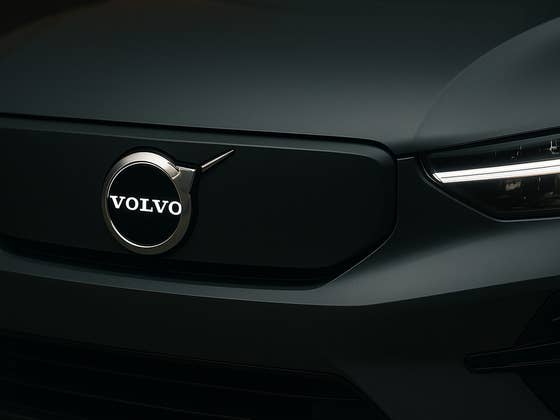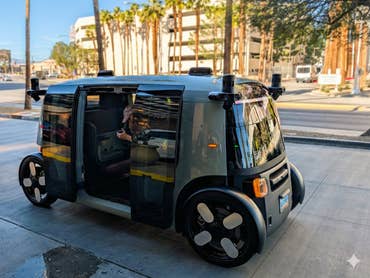While electric vehicles and hybrids are packed with fewer mechanical components than combustion-powered engines, it doesn’t mean that they are immune to breakdowns and failures. This is true for select EV and hybrid models of Volvo, which have been recently recalled due to an issue of total brake loss when using regenerative braking. Following the recall, a new stark warning has been issued by the feds.
Volvo filed a June 12 safety recall for several EV and plug-in hybrid models that addresses the regenerative braking failure. The issue affects about 11,469 units in the U.S. and approximately 106,000 units worldwide, including more than 76,000 vehicles in Europe.
The issue stems from the friction brakes completely stopping function when regenerative braking is used continuously for more than 1 minute and 40 seconds. With prolonged use, the brakes in these vehicles can fail, which could result in fatal crashes.
Allow external content
I agree to external content being loaded. Personal data may be transferred to third-party platforms. Further information can be found in the Privacy Policy.One incident has been recorded, but luckily, the driver, passengers, and no pedestrians were harmed. However, this could become more dangerous in populated areas with bystanders and other vehicles.
What’s the Final and Temporary Solution to the Brake Failure?
In the U.S., owners were required to update the affected Volvo models by installing the latest over-the-air software for a permanent fix. However, it was said that approximately 1,000 cars haven’t installed the update yet. This has resulted in a new urgent “Do Not Drive” notice from the National Highway Traffic Safety Administration (NHTSA) in the States.
Volvo also released a temporary fix to avoid the failure, which is to turn off the one-pedal mode in affected EV models and the “B” mode for plug-in EVs.
Which Volvo EV and PHEV Models Are Affected?
Among the EVs affected are the 2023 to 2025 C40, 2025 EC40, and 2023 to 2024 XC40. A wider number of PHEVs are listed in the safety recall documentation, covering the 2025 to 2026 EX40, 2023 to 2025 S60, 2025 S90, 2022 to 2026 XC60, 2024 to 2025 V60, and 2020 to 2026 XC90.
Are you one of the owners of these affected Volvo models? Have you updated the firmware that fixes the issue? Share with us your answers in the comments.





